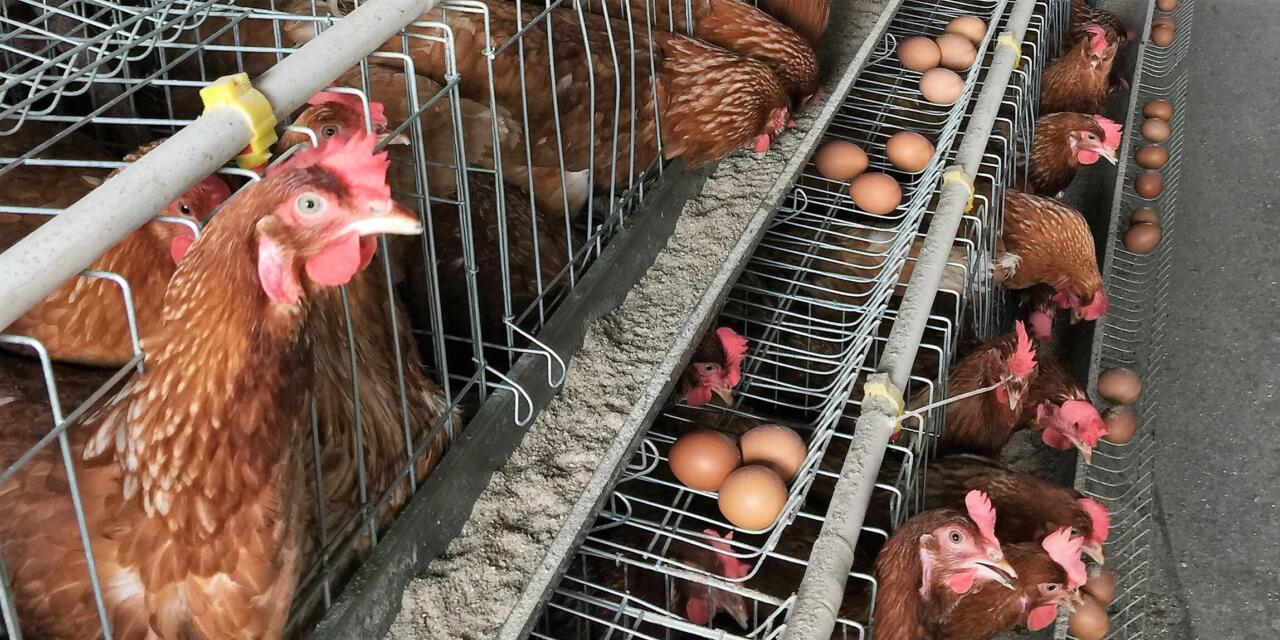All projects

A new approach to impact reporting rolled out in Ghana with SCB
Standard Chartered Bank partnered with Genesis as impact advisors to develop a next generation approach to impact measurement and reporting. This new approach was rolled out in a case study on lending to the manufacturing and infrastructure sectors in Ghana.

Building a transformational approach to impact for Sappi
Sappi, with its long-standing commitment to sustainability, needed a coherent strategy to further scale business and societal value creation. An important consideration, as one of the country’s largest land owners, was its relationship with rural communities.

Genesis helps business to return to work safely after lockdown
Genesis was retained by the Public-Private Growth Initiative (PPGI) to demystify and increase adherence to regulations on how to re-open the economy safely after lockdown and to remain open using insights from behavioural economics.

Assessment of impact of IDC clothing and textile programme
Genesis was contracted by the Industrial Development Corporation (IDC) to provide an overall assessment of the Clothing and Textile Competitiveness Programme (CTCP) and make recommendations on how the programme could be improved to optimise its impact on the industry.

Economic contribution of beer brewing industry
To prepare for strategic engagements with the government and other stakeholders, the Beer Association of South Africa (BASA) contracted Genesis to provide independent facts on the nature, size, dynamics and economic contribution of the beer industry, as well as a better understanding of the public policy issues facing the industry.

Working on a solution to turn around South Africa’s rust belt
The CEOs’ Initiative, a grouping of 60 top CEOs, asked Genesis Analytics to diagnose the challenges in the Vaal region and come up with a solution. Our team worked with the government and big businesses in the region to design a rejuvenation plan.

Raising the drinking age to 21: Pros and cons
The National Economic and Development Labour Council (Nedlac) commissioned Genesis Analytics to conduct an urgent independent study on the likely economic, health and social impacts of some of the amendments proposed in the Liquor Amendment Bill, 2017.

Expert analysis in Africa's largest bottling merger
Genesis Analytics was appointed jointly by The Coca-Cola Company, SABMiller and Coca-Cola Sabco to provide expert economic advice regarding the creation of Coca-Cola Beverages Africa, the largest Coca-Cola bottler on the African continent.

Genesis gives expert advice on major cement merger
Genesis was retained to provide expert economic analysis in an international merger between cement producers Holcim and Lafarge. The objective of the assignment was to assess the Competition Commission’s requirement that Holcim divest its minority shareholding in a competing South African cement manufacturer as a condition for the approval of the merger.

Trade-related analysis on poultry imports from USA
Genesis has become an important source of independent analysis and advice to the South African Poultry Association (SAPA) and, through these engagements, also to decision-makers in South Africa’s International Trade Administration Commission (ITAC), the Department of Trade and Industry (the dti) and the Department of Agriculture, Forestry and Fisheries (DAFF).

Expert opinion in abuse of dominance complaint
Genesis was commissioned to provide expert economic evidence relating to a complaint brought by the Fair Competition Commission of Tanzania (FCC) against the Tanzania Cigarette Company (TCC). In the complaint, it was alleged that TCC engaged in an abuse of dominance in relation to a new entrant, and that it then illegally acquired the allegedly successful entrant.

Negotiations over appropriate administrative penalty
Genesis was retained by Columbus Steel's attorneys to assist in assessing the economic aspects of consent order negotiations with the Competition Commission relating to alleged scrap metal cartel activity. The project team undertook a detailed economic analysis of the actual effect of the alleged behaviour.

Expert analysis on impact of Walmart-Massmart merger
Genesis was appointed to provide expert analysis on Walmart’s proposed acquisition of Massmart by affected trade unions, which were later joined by the Department of Economic Development. This was considered a seminal case regarding public interest issues related to mergers and acquisitions in South Africa.

Consolidation of safety-shoe manufacture
Genesis was approached by all the major safety-shoe manufacturers in South Africa in order to assist them in assessing what the competitive effects would be of a consolidation of the industry and whether this would pass muster under the Competition Act.

Expert economic analysis in bank card merger
Genesis provided expert economic analysis in the approved purchase of bank card and SIM card manufacturer, Namitech, by the world's largest chip maker for smartcards and SIM cards, Gemalto. This seemingly concentrated market demanded careful economic analysis of tender behaviour, potential entry and countervailing power in order to reveal the lack of competitive concerns.

Expert advice in clothing industry dispute
In a High Court dispute between the National Bargaining Council for the clothing manufacturing industry and five clothing manufacturers, Genesis provided an expert economic opinion on the bargaining council system in South Africa and the welfare effects of extending collective agreements.

Probe into exclusive steel supply to Indian Railways
Genesis was retained by Luthra and Luthra to assess the nature and competitive effects of an exclusive supply relationship between the Steel Authority of India Limited (SAIL) and Indian Railways (IR) in response to a complaint made by Jindal Steel Power Limited (JSPL).

Report takes fizz out of complaint against Coke bottler
Coca-Cola Fortune, a large bottler of Coca-Cola products in South Africa, retained Genesis to provide expert economic analysis in order to determine whether its sole and exclusive distribution arrangements in Limpopo could be considered anti-competitive exclusionary conduct in terms of the Competition Act .

Competition Commission vs Netstar and others
In what has become a landmark case, Genesis was retained by a number of vehicle-tracking companies to provide an independent economic analysis of the allegation that a standard set for the vehicle-tracking industry and its adoption by insurers had the effect of raising barriers to new entrants.





